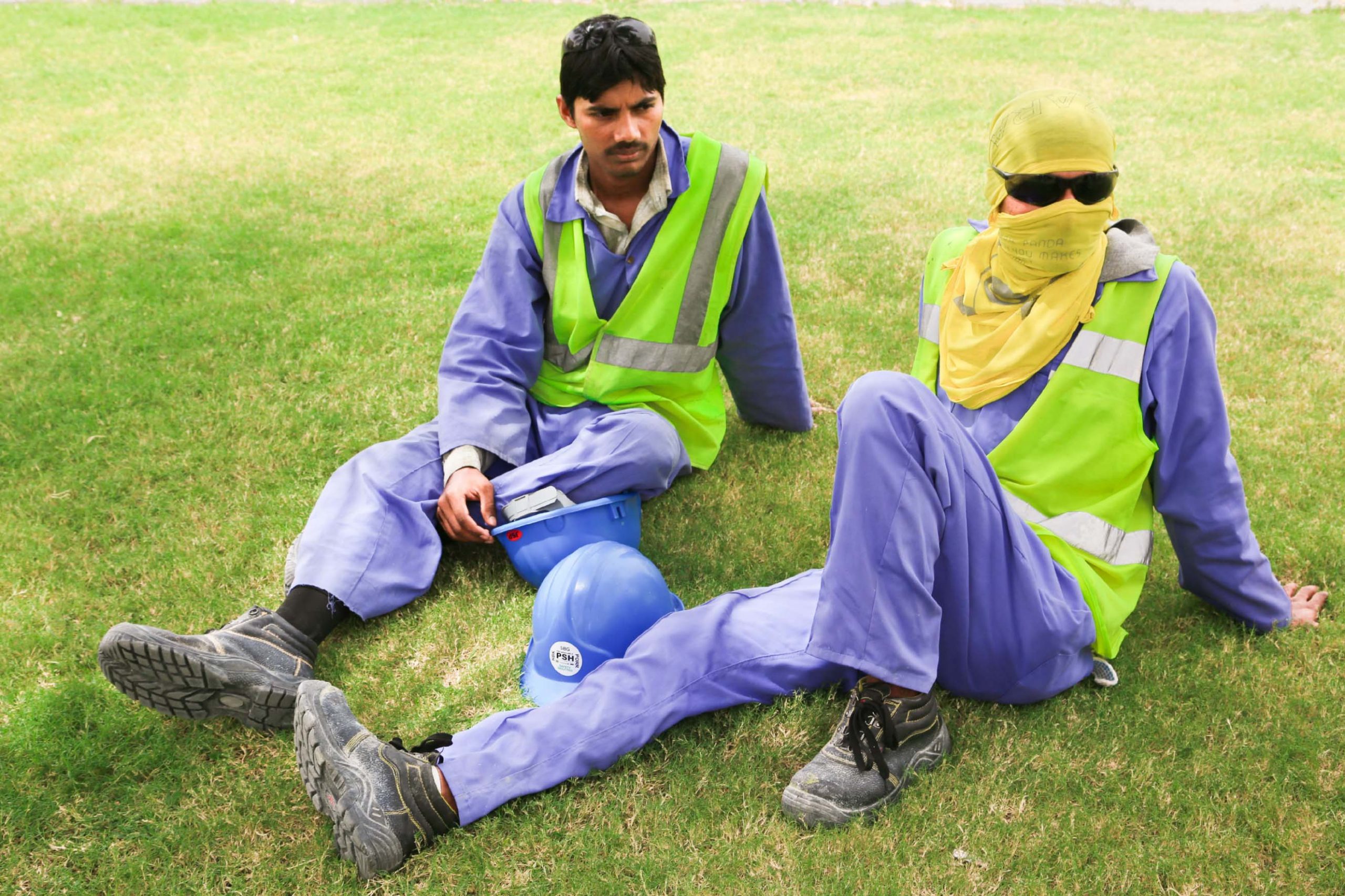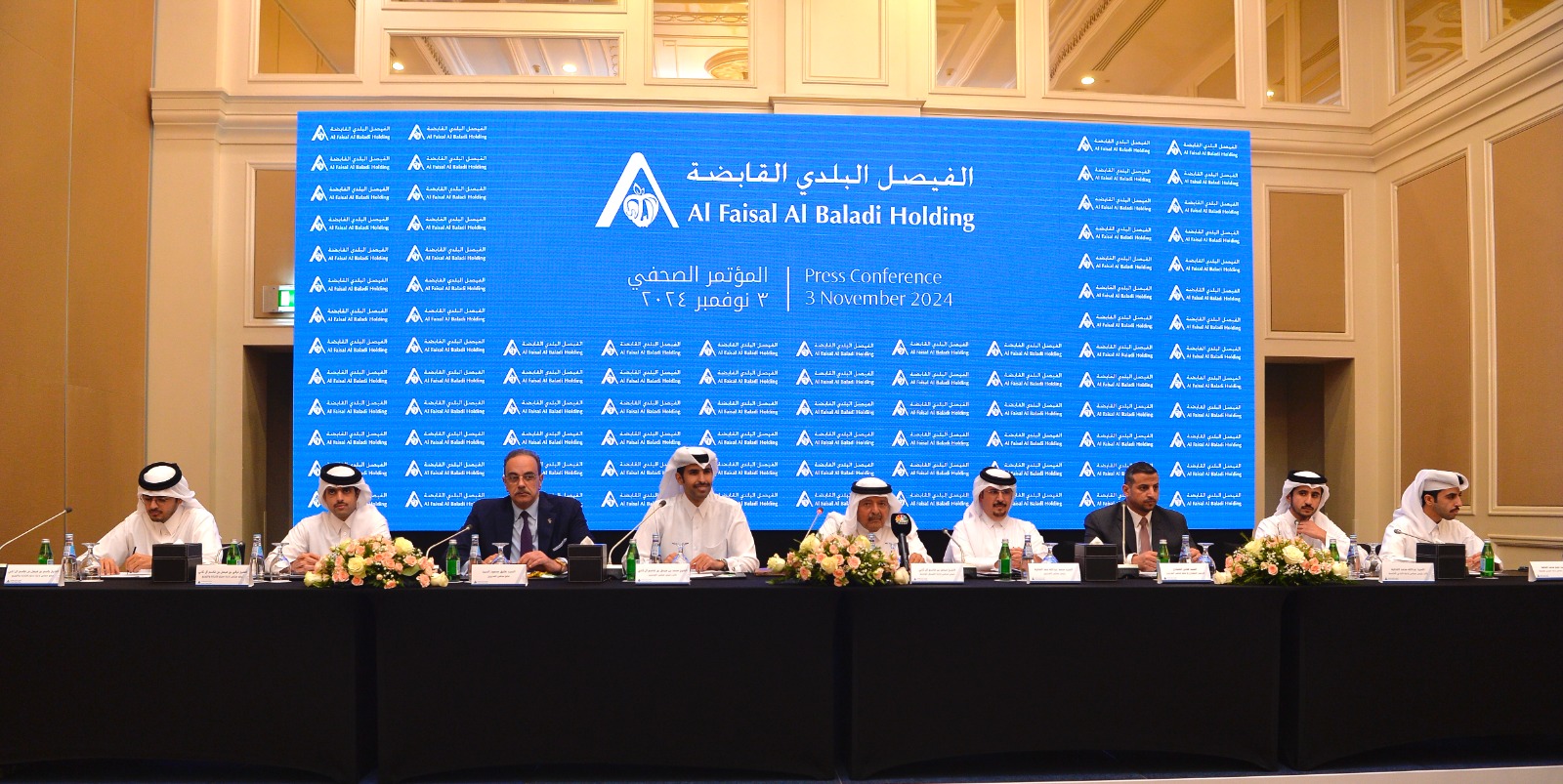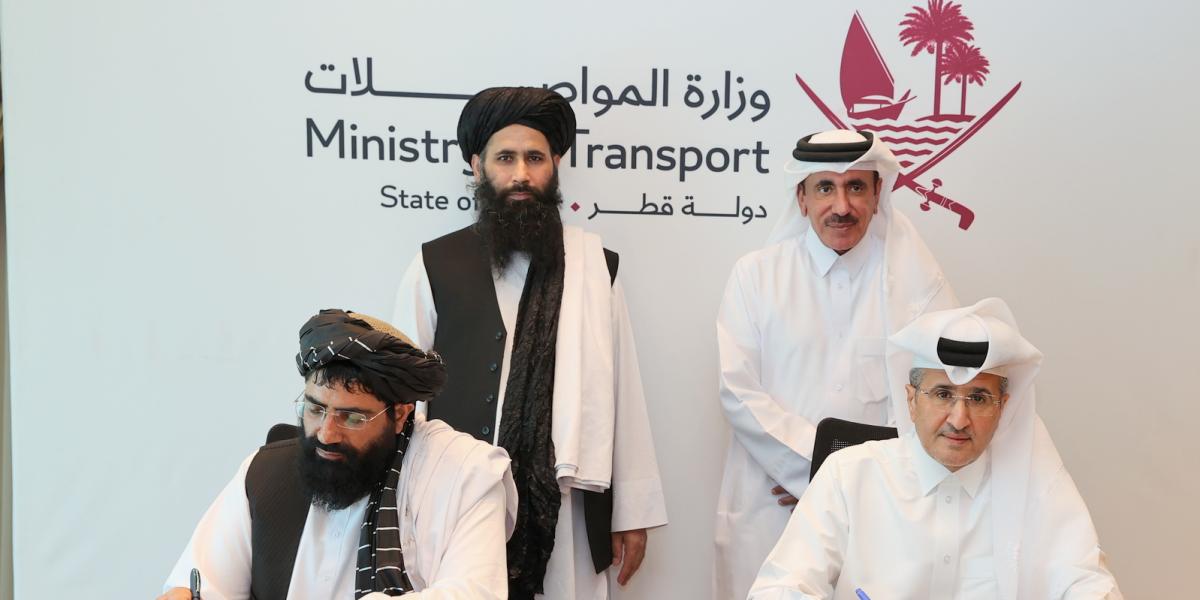
In the latest update on much-awaited changes to the nation’s kafala sponsorship system, Qatar’s labor minister has said he is “hopeful” that reforms pledged a year ago will be implemented by the end of December.
Minister for Labor and Social Affairs Dr. Abdullah bin Saleh Al Khulaifi made the remarks while speaking to foreign media on a state-organized tour of the country this week. AFP quotes him as saying:
“I hope it will be prior to the year end. We discussed it, our stakeholders have looked at it… Now it is on track. I am 90 percent hopeful or believe that it will be (brought in before the year end).”
“It is not I who says it. It is our vision, our strategy… The new Qatar will no longer be having the kafala system. It will all be contractual agreements between employees and employer.
“We are not hiding from our problems here in Qatar, we are facing them,” Al Khulaifi added.
One year on
The official’s comments come nearly one year after authorities pledged speedy reform of kafala, saying the law would be changed to make it easier for expats to change jobs and leave the country in a press conference on May 14, 2014.
Last July, the labor minister said that the new system would come into place “as quickly as possible.”
However, the reforms still had to be discussed by Qatar’s business community, which appeared to give the green light in October last year when Qatar’s Chamber of Commerce said it would support the new system, as long as the law protected the interests of both the workers and the business owners.

The minister’s latest statement on the implementation of the reforms would appear to be progress on his position in March this year, when he warned that there was no set timetable for when the changes would become law.
The reforms are still waiting be approved by the state’s Advisory ((Shura) Council, before the Emir signs them into law.
Initially described as “abolishing” kafala, the announced reforms fell short of that promise, and did not propose to get rid of the system of exit permits and no-objection certificates.
A foreigner’s sponsor would still be able to apply to block an expat from leaving the country, and those who sign an open-ended contract would have to work in Qatar for five years before being able to freely change jobs.
Many international rights groups have condemned the sponsorship system, saying it enables an employer to wield too much control over an expat’s living and working situation in Qatar, contributing to abuses of power and exploitation of workers.
Speaking to AFP, Amnesty International researcher Mustafa Qadri said of the proposed changes:
“It’s another form of kafala with a different name, admittedly less restrictive but with many of the same problems.”
He added that the promised new rules still amounted to “forced labor,” as the employee cannot leave the country without permission from his employer.
Even if minor kafala & exit permit reforms implementd employers will still have balance of power over migrant workers, risk of abuse remains
— Mustafa Qadri (@Mustafa_Qadri) May 5, 2015
So far, the only change that has been enacted from the list of reforms pledged last year is the Wage Protection System, which requires all employers to pay their staff by direct bank transfer and aims to tackle workers’ persistent complaints of late on non-payment of their wages.
First announced in July last year, the law was signed by the Emir in February and will be enforced starting in August. Employers in violation of the amendment could face jail time of up to one month and fines of QR2,000 to QR6,000.
Housing
The state of the accommodation often used to house migrant workers during their time in Qatar has also been criticized for being cramped, unsanitary and overcrowded.
Speaking with reporters this week, the labor minister admitted that these conditions are a “major problem.”
AP quotes Al Khulaifi as saying:
“Our delay nationally of accommodating properly such a population I think (was) a mistake that we are trying to remedy now. Current substandard labor accommodations are unacceptable.”
The official added that more spot-checks are being conducted on company accommodation, while the number of inspectors has almost doubled to 294 from 150 two years ago. A further 100 are being hired as part of “an ongoing, continuous project to upgrade our inspectors,” he said.

A number of organizations in Qatar have rules about workers’ accommodation. Both Qatar Foundation and Supreme Committee for Delivery and Legacy – which is overseeing the construction of Qatar’s World Cup stadiums and training facilities – have workers’ charters.
In addition to requiring companies to pay for overtime and eschew the use of recruiters who charge worker fees, QF’s charter sets out minimum housing standards. This includes a maximum of four beds per room, allocating six square meters per resident as well as providing recreation areas.
Among the residential projects planned for lower-income workers is the $1 billion Barwa Al Baraha project, which aims to accommodate more than 50,000 migrants with other facilities including shops, a mosque, sports fields, used car showrooms and office space.
Thoughts?







